Venezuela chief prosecutor Luisa Ortega could face trial
- Published
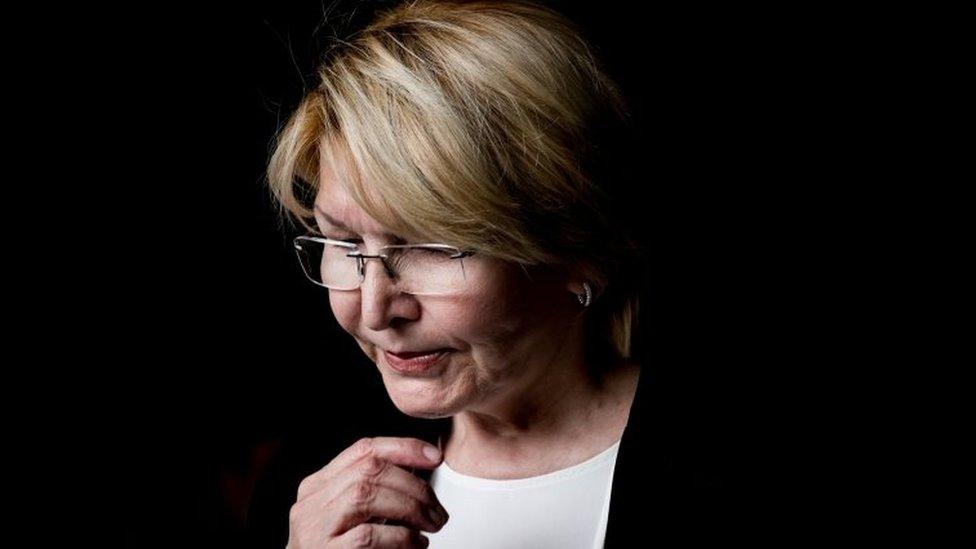
Luisa Ortega has been denounced as a "traitor" by socialist party officials
Venezuela's Supreme Court has paved the way for a possible trial of the country's chief prosecutor, Luisa Ortega.
A governing party lawmaker requested that the Supreme Court allow proceedings against her for allegedly committing "grave errors" in her role.
Ms Ortega was once a staunch ally of President Nicolás Maduro.
But in recent months she has become a harsh and public critic of the socialist government.
'Threat to public ethics'
National Assembly member for the governing PSUV party Pedro Carreño asked the Supreme Court to rule on whether there was sufficient evidence for proceedings against Ms Ortega to go ahead.
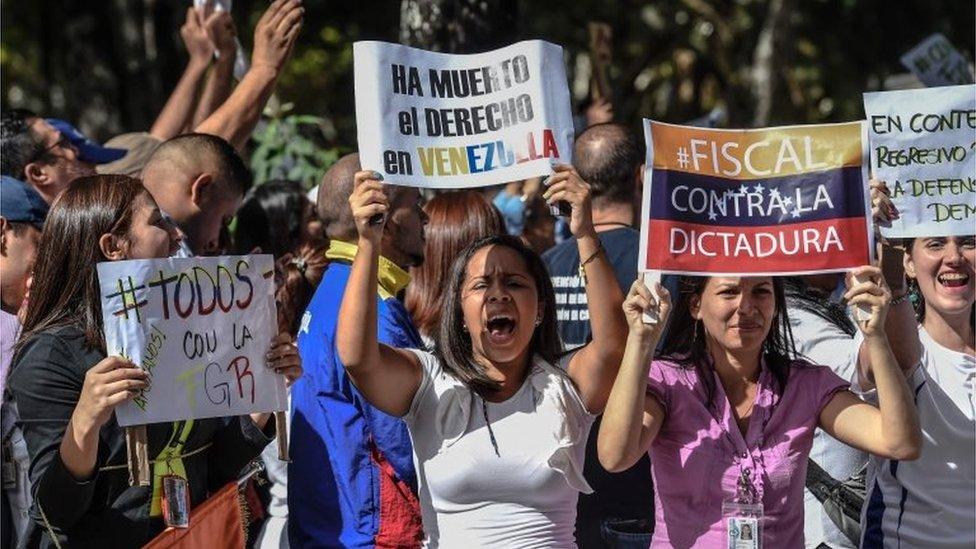
Employees from the chief prosecutor's office expressed their support for Ms Ortega on Monday
The court, which critics say is stacked with government loyalists, ruled in his favour.
Mr Carreño has accused Ms Ortega of "threatening public ethics and administrative morals" and of "violating and threatening the fundamental principles of the constitution".
He wants her to be banned from leaving the country and for her assets to be frozen.
Ms Ortega told Venezuelan radio the move was not just an attack against her but against democracy.
"Hanging over the country is a bleak outlook that could destroy the state," she said.
From ally to critic
Ms Ortega, 59, was appointed to the post of chief prosecutor by the National Assembly in December 2007, when the legislature was still controlled by the socialist PSUV.
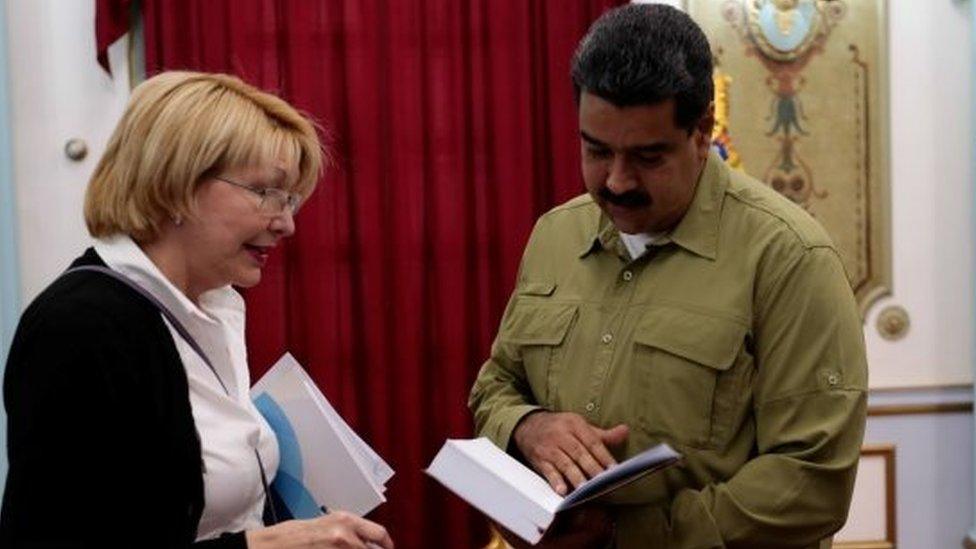
Luisa Ortega was long seen as a staunch ally of President Maduro
She first broke rank with the government in March 2017 when she said that a Supreme Court ruling stripping the now opposition-controlled National Assembly of its powers was unlawful.
Earlier this month, she filed a challenge against President Maduro's plan to convene a constituent assembly.
The Supreme Court rejected it but her legal challenge prompted vitriol from socialist party officials who labelled her a "traitor" and even questioned her sanity.
Ms Ortega also publicly contradicted government ministers when she announced that 20-year old protester Juan Pablo Pernalete was killed by a tear gas canister fired by the National Guard.
Foreign Minister Delcy Rodríguez and Information Minister Ernesto Villegas said that evidence suggested he was shot with a bolt gun by fellow protesters.
The use of undue force by the security forces was in the spotlight again when a teenager was shot dead at an anti-government protest on Monday.
A number of National Guard members have been arrested on suspicion of firing guns at demonstrators at the march in Caracas.
On Tuesday, President Maduro fired the head of the National Guard saying Gen Antonio Benavides would move on to "new responsibilities and battles".
He also replaced the commanders of the army, air force and navy.
- Published21 June 2017
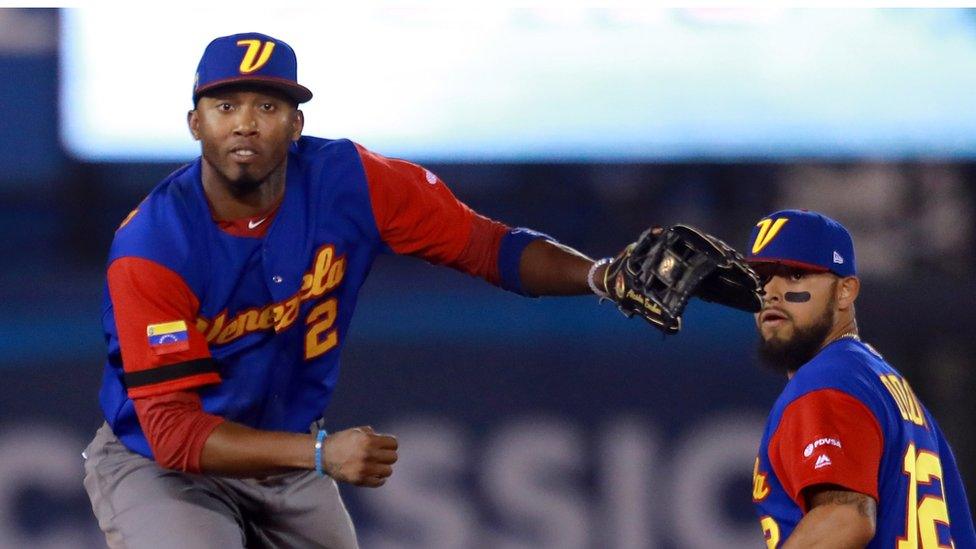
- Published20 June 2017
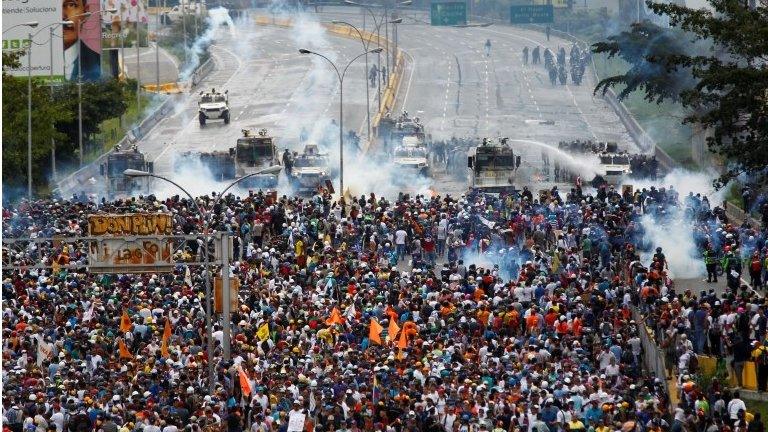
- Published13 June 2017
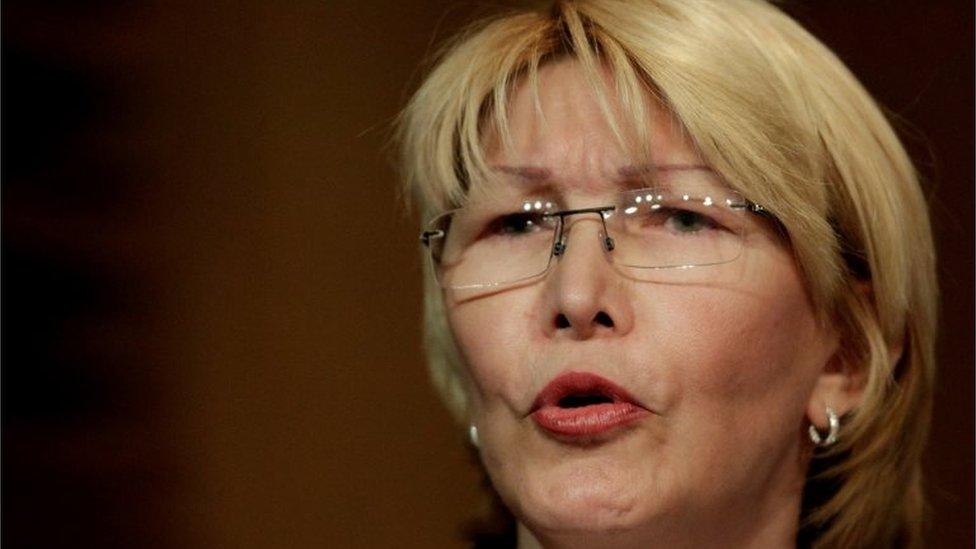
- Published24 May 2017
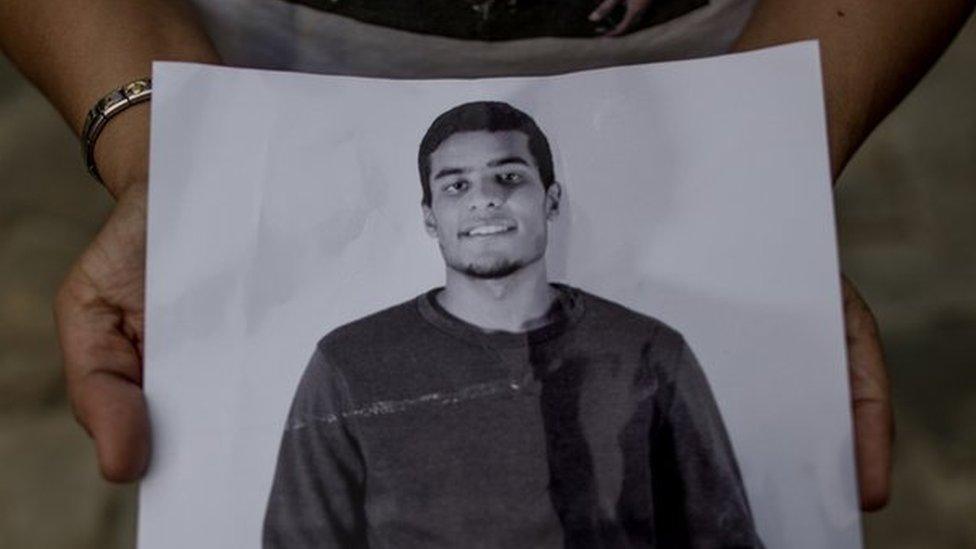
- Published31 March 2017
